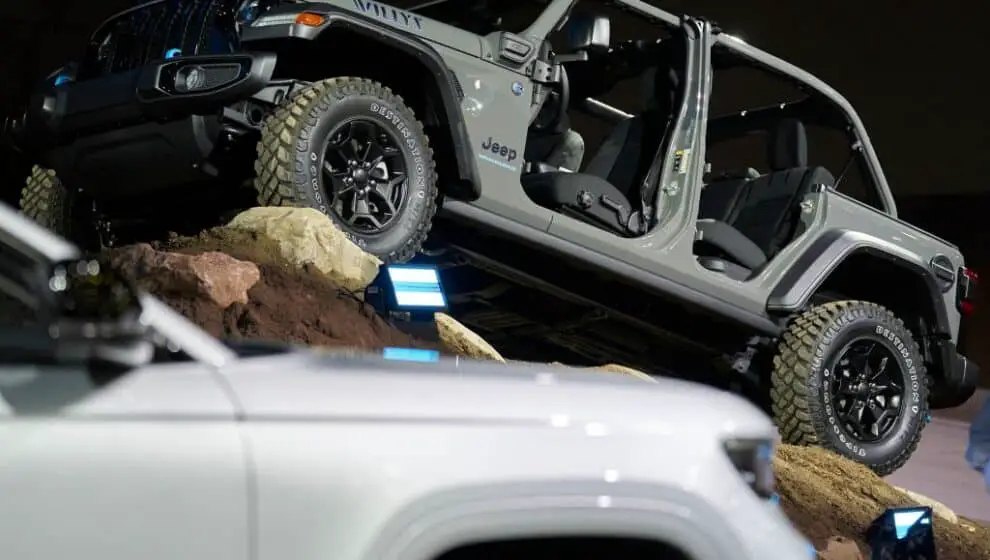If you are considering getting a new car be prepared—car prices are up 20% or more than the suggested price.
Key Details
- Prices have been skyrocketing on everything from food to gas and now cars.
- Limited inventory caused by supply-chain issues has caused car prices to soar and dealerships are heavily marking up prices.
- New car prices are up 10% from a year ago, according to the latest data from the U.S. Bureau of Labor Statistics.
- “Consumers are willing to pay well above sticker price for new cars because inventory is so scarce and because they know that new car pricing is not expected to improve until 2023 at the earliest,” says iSeeCars’ executive analyst, Karl Brauer.
Why it’s important
Car manufactures have been facing supply-chain issues for a while and demand for new cars has remained steady causing demand to exceed supply.
The shortage of microchips needed to operate the cars are the most critical factor in the supply-chain wrinkle. Most high-quality microchips are made in factories in Taiwan, but due to the COVID-19 pandemic many of the factories had to shut down for months and car manufactures are still feeling the repercussions today.
Due to demand being high and supply being low car dealers have been charging a premium fee over the car manufacturer’s suggested retail price, according to car shopping site iSeeCars.
Top five cars going above suggested price…
- Jeep Wrangler: 24.4% or $8,400 over asking price
- Porsche Macan: 23.1% or $14,200
- Genesis GV70: 22.4% or $10,300
- Lexus RX 450h: 21.9% or $10,800
- Ford Bronco: 21.6% or $8,700
Loan prices rising
Along with car prices rising, so are loans.
The average annual percentage rate on a new car hit 5.7% in August and is likely to head higher, according to the latest data from Edmunds. Paying an annual percentage rate of 6% instead of 5% would cost consumers $1,348 more in interest over the course of a $40,000, 72-month car loan, an Edmunds expert says.
“Shopping for better rates through financial institutions can be helpful, but low- or no-interest loans through the automakers’ captive finance company can also make a difference when it comes to saving money and could ultimately lead to a decision to purchase one vehicle over another,” says Edmunds’ director of insights Ivan Drury.
